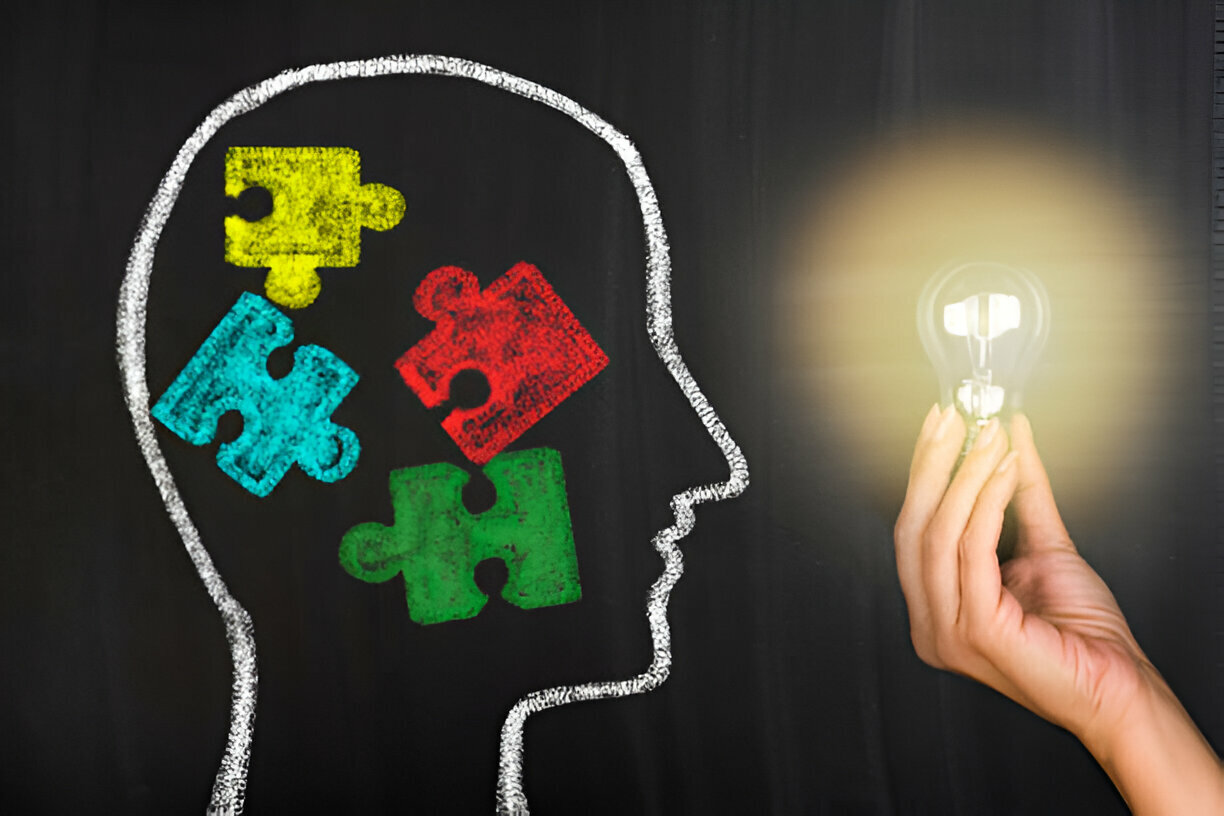How much time a day do you think the average person spends looking at screens? It is said that the average person spends almost 7 hours a day looking at a screen with some form of internet connection. And this is just the global average. Some nations, like America, have a higher average screen time.
This is a worrying statistic. Studies have shown that too much screen time is detrimental to both our mental and physical wellbeing. When you pair that with the unsettling state of global affairs at the moment, it is no surprise that a large percentage of the global population is suffering from some form of mental health issue.
It has become more important than ever before to look after our minds. And there is a lot that can be done to achieve that. Regular exercise and a healthy diet are the two most effective methods at improving one’s mental health. But it isn’t the be all and end all. One of the most commonly suggested methods is puzzles. But how effective are puzzles at maintaining your mental health?
The Power Of Puzzles
Puzzles of all kinds have been a part of human society for thousands of years. But have you ever really stopped to think about why we enjoy them? From an evolutionary perspective the mental processes involved in solving puzzles tie into our basic survival instincts. Overcoming a challenge to achieve a reward. In nature this could be trying to figure out a way to get food that is out of reach.
But modern human society doesn’t need to worry about fighting for survival anymore. Yet a large percentage of people still adore puzzles. The main reason for this is that puzzles are a good mental workout. The brain is a muscle. And our bodies positively respond to any form of exercise. The satisfaction one receives from solving a tough puzzle is similar to the ‘runners high.’
And we know that physical exercise is a fantastic way to maintain one’s mental health. The mixture of chemicals released after a gym session helps stabilize our mood, relieve stress, and balance our hormone levels. And the same thing happens when we solve a puzzle. Albeit the direct physical effects on our body are different.
One big advantage puzzles have over physical exercise is their ability to boost creativity. Many puzzles require us to engage, not only our logical thinking, but our imagination to come up with a solution. This process of thinking outside the box has been proven to stimulate both the left and right hemispheres of the brain simultaneously.
Puzzles can also be a fantastic social tool. Escape rooms and jigsaw puzzles are a prime example of this. Humans are social creatures by nature. Forming and maintaining social connections has been proven to be extremely beneficial to our mental health. Being able to work together on a puzzle with someone is a great way to bond with them while also giving your brains a solid workout.
Puzzles As A Medical Tool
Puzzles aren’t just being used to help battle issues such as stress and anxiety. They are also regularly used to help people suffering from dementia, PTSD, and depression. Jigsaw puzzles are great at helping people improve their spatial reasoning. Word puzzles are great at improving and maintaining memory recollection. Riddles and sudoku are great at improving logical thinking.
Many people think that you need to correctly solve a puzzle to get the benefits from it. The act of attempting the puzzle is enough to get a lot of the benefits. Especially in cases where the puzzle is being used as a medical tool.
Many medical professionals recommend that their patients use sites like PuzzleVoyage as they help you solve word puzzles and games. The idea is to attempt the puzzle yourself at first. And, if you’re struggling, look up the answer. Since it can be frustrating being unable to correctly solve a puzzle. And the main reasoning behind doing the puzzle is to get the health benefits from the process rather than just finding the solution.
Some studies have suggested that regularly doing puzzles is linked to a longer life expectancy. They have also found that doing puzzles acts as a preventative measure. Helping to stave off symptoms of dementia or Alzheimer’s.
So are puzzles effective in maintaining mental health? We would have to say they are extremely effective. The numerous physical and mental benefits received from regularly doing puzzles cannot be overstated. And they also provide a good alternative to spending an unseemly amount of time staring at screens. So next time you want to start scrolling through social media. Why not put down your phone and pick up a sudoku or a crossword instead.
